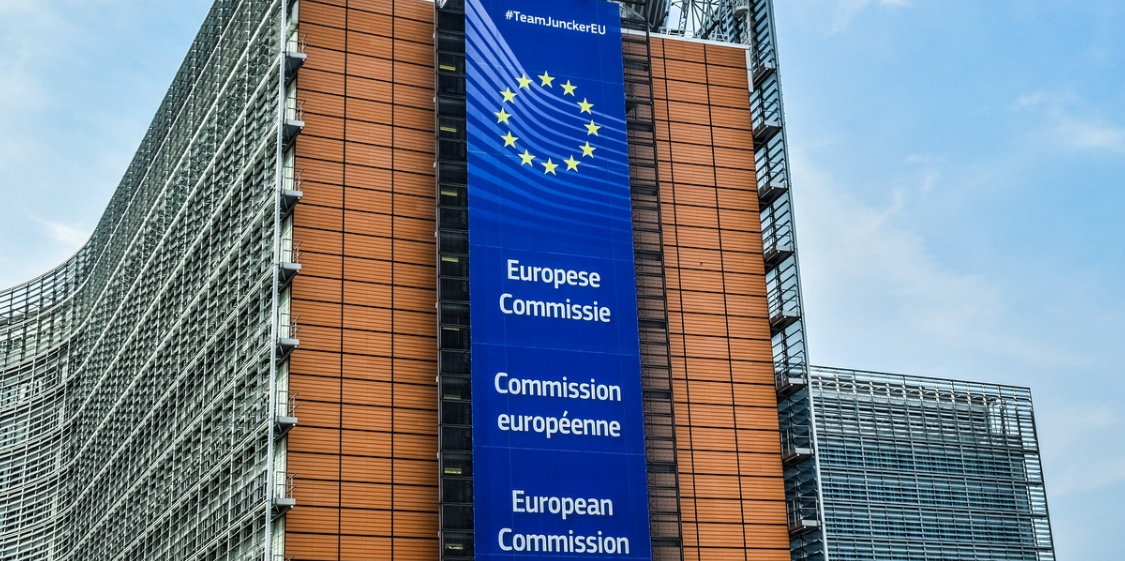EU tweaks Russia oil sanctions plan in bid to win over reluctant states - sources
The tweaked proposal, which EU envoys were discussing at a meeting on Friday morning, includes giving Hungary, Slovakia and the Czech Republic more time to adapt to the embargo, and help with upgrading their own oil infrastructure, the sources said. It also includes a three-month transition before banning EU shipping services from transporting Russian oil, instead of the initial one month, one of the sources added.

The European Commission has proposed changes to its planned embargo on Russian soil in a bid to win over reluctant states, three EU sources told Reuters on Friday. The tweaked proposal, which EU envoys were discussing at a meeting on Friday morning, includes giving Hungary, Slovakia, and the Czech Republic more time to adapt to the embargo, and help with upgrading their oil infrastructure, the sources said.
It also includes a three-month transition before banning EU shipping services from transporting Russian oil, instead of the initial one month, one of the sources added. They all spoke on condition of anonymity. The European Union's executive proposed the oil embargo on Wednesday as part of a wider package of EU sanctions on Russia - the sixth since Moscow invaded Ukraine on Feb. 24 in what the Kremlin calls "a special military operation".
Under the changes, Hungary and Slovakia would be able to buy Russian oil from pipelines until the end of 2024, and the Czech Republic could continue until June 2024, if it does not get oil via a pipeline from southern Europe earlier, the sources said. Under the original proposal, most EU countries would have to stop buying Russian crude oil six months after the adoption of the measures and halt imports of refined oil products from Russia by the end of the year. Hungary and Slovakia were initially given until the end of 2023 to adapt.
Bulgaria had also asked for exemptions, but was not offered concessions on deadlines, "because they don't have a real point," one official said. The other three countries who were granted more leeway "have an objective problem," the official added. One of the sources said that the extended deadlines were calculated on the likely construction times for pipeline upgrades. The official said Hungary and Slovakia accounted for only 6% of the EU's oil imports from Russia, and the exemptions would not change the impact of the ban on the Russian economy.
Diplomats said talks were complex and it was not clear whether the new proposal would get the backing of all 27 EU states, which is needed for the oil ban to take effect. Top EU diplomat Josep Borrell said on Friday he would call an extraordinary meeting of EU foreign affairs ministers next week if no deal was reached by the weekend.
Hungary's Prime Minister, Viktor Orban, said earlier on Friday that Hungary would need five years and huge investments in its refineries and pipelines to transform its current system which gets about 65% of its oil from Russia. The proposed extension of the period to introduce a shipping ban for EU companies to transport Russian oil worldwide is meant to address concerns raised by Greece, Malta, and Cyprus about the impact of the measure on their shipping companies, one official said.
(This story has not been edited by Devdiscourse staff and is auto-generated from a syndicated feed.)










